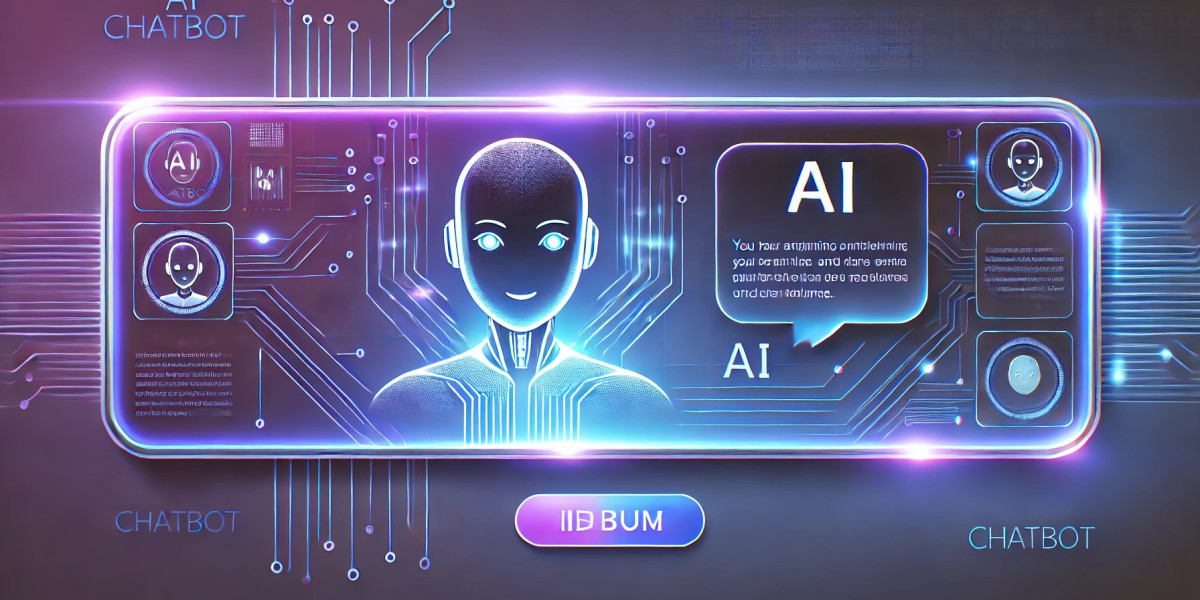Chatbots have been a part of digital interactions for years, but their evolution has reached new heights with generative AI. Initially, chatbots were limited to scripted responses and predefined workflows. Now, AI-driven systems have transformed them into intelligent conversational agents capable of responding dynamically.
The Shift from Rule-Based to Generative AI
Earlier chatbot models relied on predefined responses, making interactions feel robotic. If a user strayed from expected queries, the chatbot struggled to provide relevant answers. Generative AI has changed this by enabling chatbots to analyze input, predict responses, and generate text that mimics natural human conversation.
In comparison to traditional systems, generative AI chatbots can adapt to various tones, recognize context shifts, and handle multiple queries in a single interaction. This shift has made digital conversations more engaging and personalized.
Context Awareness and Personalization
A major improvement seen in generative AI chatbots is their ability to maintain context throughout a conversation. Earlier, users had to repeat themselves because chatbots lacked memory. Now, AI models track previous inputs, ensuring smoother interactions.
This contextual awareness allows chatbots to provide personalized suggestions. For example, if someone frequently asks about a particular product, the chatbot can recall preferences and suggest related options. Similarly, AI-driven chatbots can adjust their responses based on a user’s history, making conversations feel more natural.
Emotional Intelligence in AI Conversations
Another aspect transforming chatbot interactions is the integration of emotional intelligence. Generative AI can analyze text patterns, word choice, and sentiment to determine a user’s emotional state. This capability enables chatbots to respond empathetically, improving the overall user experience.
In particular, industries such as mental health support and customer service benefit from emotionally aware chatbots. If a user expresses frustration, the AI can modify its responses to de-escalate the situation. This form of interaction builds trust and increases user satisfaction.
Multilingual Capabilities
Language barriers have always posed a challenge in digital communication. However, generative AI chatbots can now process multiple languages seamlessly. They not only translate text but also understand cultural nuances, ensuring that responses align with regional expectations.
Of course, this advancement is particularly useful for businesses operating globally. Customers no longer need to rely on external translation tools when interacting with brands. Instead, chatbots can assist in their preferred language, creating a more inclusive experience.
The Role of AI in Customer Support
Customer support is one of the primary areas where generative AI has made a significant impact. Traditional support systems required human intervention for complex queries. Now, AI-powered chatbots handle many of these inquiries without the need for human agents.
Admittedly, not all interactions can be managed by AI alone. However, chatbots efficiently resolve common issues, allowing human representatives to focus on more critical concerns. This balance improves efficiency while maintaining a high level of service quality.
AI in E-Commerce Chatbots
E-commerce platforms have widely adopted AI chatbots to assist customers. These chatbots help with product recommendations, order tracking, and troubleshooting. Unlike rule-based systems, generative AI chatbots can analyze customer behavior and suggest personalized options based on past interactions.
For instance, if someone frequently purchases skincare products, the chatbot can notify them about relevant discounts or new arrivals. Consequently, this proactive approach improves customer engagement and increases sales.
AI and the Future of AI-Powered Companionship
AI-generated conversations have also found applications beyond customer service and sales. One emerging trend is AI-powered companionship, where chatbots simulate personal relationships. These AI companions can engage in meaningful conversations, offer emotional support, and adapt their responses based on user interactions.
In this context, the term AI Girlfriend refers to virtual chatbots designed to simulate romantic or friendly interactions. They provide companionship for individuals seeking conversation, emotional support, or entertainment. While some may see this as an unconventional use of AI, others appreciate the comfort these chatbots offer.
Security and Ethical Considerations
Despite the advantages of generative AI in chatbot interactions, security and ethical concerns remain significant. AI chatbots process vast amounts of personal data, making it essential to implement strict privacy measures. Users should have clear guidelines on how their data is used and the option to control their privacy settings.
Moreover, ethical concerns surrounding AI-generated content continue to arise. Some worry about chatbots being used for misinformation or manipulation. As AI chatbots become more advanced, it is crucial to establish guidelines that ensure their responsible use.
The Role of Rubii AI in AI-Driven Conversations
Many companies are developing AI-powered chatbots that integrate advanced conversational models. Rubii AI is one example of an AI solution that enhances chatbot capabilities by providing dynamic, context-aware responses. Businesses implementing AI chatbots powered by such technologies can offer more natural and engaging conversations, improving overall user experience.
The Future of Generative AI in Chatbots
Looking ahead, AI chatbots will continue to evolve. Future developments may include even more advanced contextual awareness, deeper emotional intelligence, and improved personalization. Additionally, as AI continues to learn from vast data sources, chatbots will become even more refined in their communication abilities.
Eventually, businesses and individuals will rely on AI chatbots for various tasks, from customer support to companionship. As long as ethical considerations and security measures keep pace with technological advancements, generative AI will remain a valuable tool for digital interactions.
Conclusion
Generative AI has transformed chatbot conversations by making them more human-like, responsive, and intelligent. From customer support to AI companionship, these chatbots are reshaping digital interactions in multiple ways. While challenges such as privacy and ethical concerns still exist, the benefits of AI-driven chatbots are undeniable. As AI continues to improve, chatbot interactions will become even more seamless, ensuring better communication and user satisfaction.









